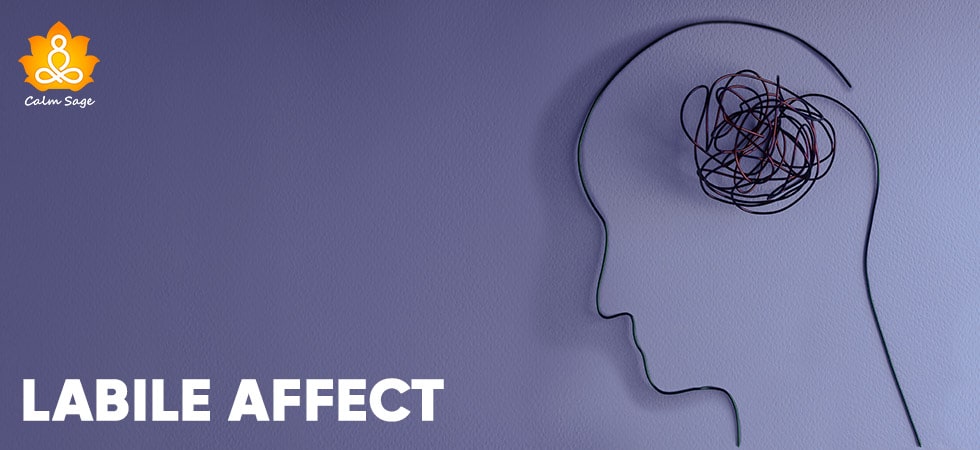Create Your Mental Health Crisis Plan For A Better Recovery Response

I wish I had a mental health crisis plan when I was struggling with my poor mental health. I had no crisis resources I could reach out to. I couldn’t call emergency services because I didn’t understand what I was going through. And it’s not just me. Everyone struggling with poor mental health needs a support system that they could reach out to.
And surprisingly, support can come in the form of crisis planning or a mental health crisis plan.
Your mental health crisis plan can come in handy when you find yourself spiraling down in negative thinking and sans support. In this blog, I’ll help you understand how to create a mental health emergency action plan, what to add to yours, and why you need a mental health crisis plan.
Let’s begin!
What Is A Mental Health Crisis Plan?
Your mental health emergency action plan is a stratagem that one uses before a crisis fully occurs. When you have an emergency action plan in place, you (and your support system) will know what to do, whom to contact, and how to help when the time comes.
You or your loved one can create an emergency action plan and it can be done by putting together a list of crisis resources, emergency information, and steps on how to help the one in crisis. Having a mental health crisis plan in place can mean a lot as it can aid decision-making because rational thinking is more or less absent when you or your loved one is in distress.
Crisis planning is needed as it helps you prepare for an emergency – a mental health emergency.
While you can create a mental health crisis plan by yourself, it’s recommended that you reach out to a mental health counselor for support and guidance. You can use your crisis plan for yourself and you can also share your plan with your loved ones.
Let’s take a look at the types of emergency action plans when it comes to mental health responses.
The Types Of Emergency Plans
1. Joint Crisis Plan
A joint crisis plan is a psychiatric statement that characterizes how you can identify early signs of mental health crisis and how to manage it effectively. In a joint crisis plan, here are some things you should include:
- Triggers or reasons for the crisis
- What your symptoms are during the crisis
- Techniques to cope with the crisis, and
2. Psychiatric advance directives (PADs)
These are the legal documents that allow your loved one to act in your stead. When you write a PAD, you’re in crisis, but you detail everything you wish for the treatment when you’re unable to make the said decision. People dealing with psychotic conditions are advised to write a PAD.
3. Wellness Recovery Action Plan
In a wellness recovery plan, you create a plan to mind your overall wellness in the time of the crisis. With this recovery plan, you also create plans on how to avoid future crises. In this plan, you can include:
- Your wellness tools
- Your daily routine
- Your stress triggers
- Early signs of mental health decline
- Crisis plan and Post-crisis plan
What Should You Include In Your Emergency Plan?
When you’re creating an emergency action plan to respond to a mental health crisis, you need to take your past crises into the plan as well. What happened last time? What do you wish you had? And more. Of course, the plan you create is unique to your situation. Let’s take my case, for example.
I’ve learned to keep my emergency contacts on the top of my contact list and if I’m struggling with thoughts of self-harm and suicide, then reaching out to my therapist is the way to go.
Here’s what your mental health crisis plan can include (depending on your condition):
1. Medical Information
While you might not always need medical intervention, having this information in your crisis plan can help. Try to mention:
- Your medical history
- Emergency contact numbers
- The name and contact of your therapist or primary caretaker
- Insurance information
2. Medical History
If you have had a medical history, then try to mention the following in your crisis plan:
- Allergies to medication or other substances
- History of prescribed medications (including side effects)
- Past disorders or surgeries, if any
- History of hospitalization, if any
- Current medical diagnosis
- Currently prescribed medications or supplements you’re taking
3. Crisis Plan
For this plan, you can include the following:
- Emergency contact numbers (can include a hotline, local mental healthcare center, etc)
- Steps to follow when you need professional help
- Behaviors that mean you need immediate help
You don’t need to create a mental health emergency action plan alone. You can seek professional guidance when creating the plan that’s best for you. A professional can also help you find the right crisis resources to add to your action plan.
Also Read: 988 Crisis Helpline: What To Expect When You Call A Suicide Hotline
Here are some early signs that might indicate a mental health decline and an eventual need for a mental health crisis plan:
- A sudden and unexpected change in the mood
- Inability to perform basic tasks
- Experiencing hallucinations or delusions
- Symptoms of paranoia
- Increase in an emotional outburst
- Suicidal thoughts or suicidal ideation
- Thoughts of self-harm
Crisis Resources You Can Reach Out For
- National Suicide Prevention Lifeline: 988
- Crisis Text Line: Text HOME to 741741
- Trans Lifeline: (877) 565-8860
You can also reach out to your local healthcare center or emergency services.
Why Should You Do Crisis Planning?
Crisis planning is important as it can intervene and prevent a worse mental health crisis. A crisis plan can act as a prevention tactic. When you’re in a mental health crisis, it’s hard to keep your head straight and think logically and a crisis plan includes step-by-step instructions and information on what to do when you need help.
A mental health crisis plan is Like any other emergency action plan.
Just like you have an emergency plan ready for natural disasters to act as fast as possible, a mental health crisis plan can do the same, especially during a mental health or emotional health crisis.
While your other emergency plans assure the safety of your person, a mental health crisis plan assures the safety of your mind.
It’s the safety net that all of us need to have in place for any situation that causes us to lose our control and cause stress. You can’t prevent a crisis – mental health crises happen almost always unexpectedly – but you can be prepared with your best – treatments and all.
With the right help and tools, you can seek help and prevent a crisis before it takes a turn for the worse. Your mental health crisis plan is for those times when you can’t take care of yourself. We all deserve a little help now and then.
You are not alone! You have the support you need! Keep fighting!
I hope this article helps you create an emergency action plan of your own during mental health crises. For more, you can write to us at info@calmsage.com or DM us on social media. You can also share your plan and tips with us in the comments below!
Take Care!




















